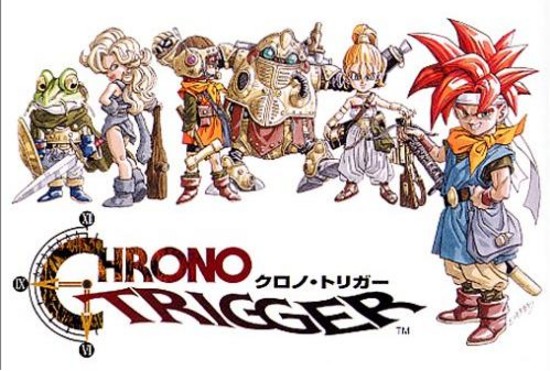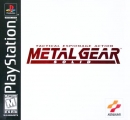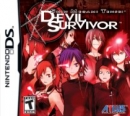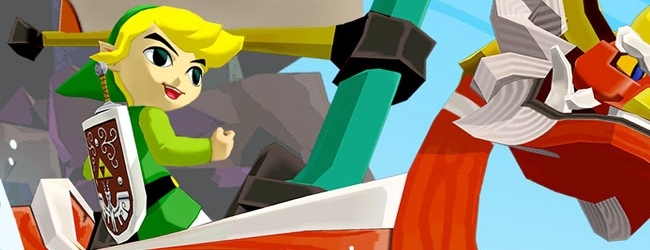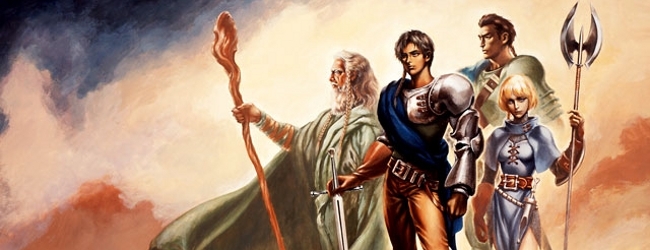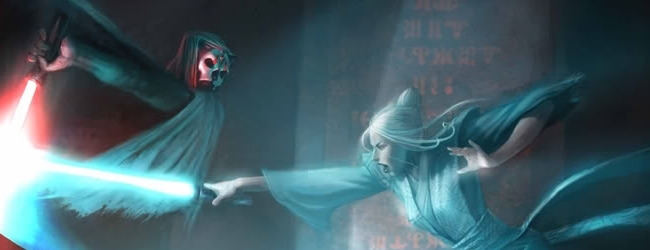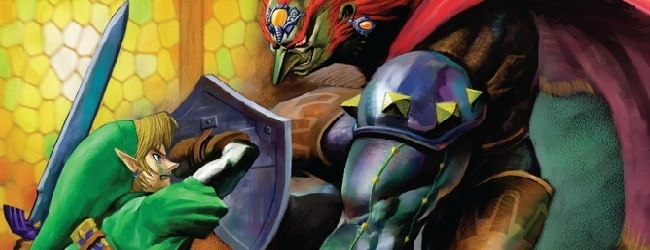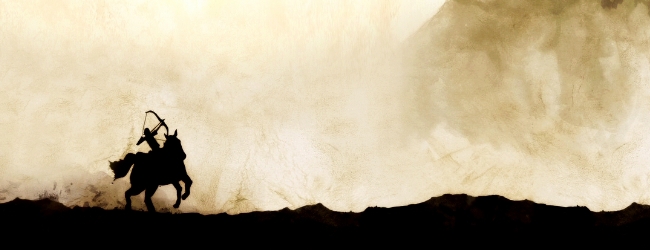Number 9
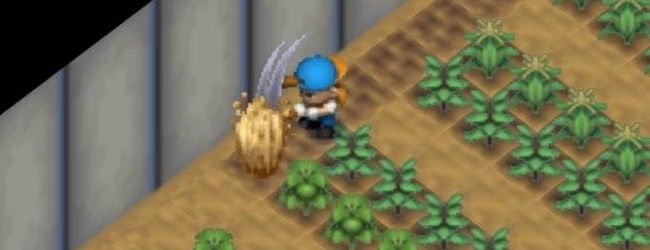
Harvest Moon 64
Some people just don't get it. Games aren't all about adventure, about world-spanning conquests or slaying demons or god-like manipulation of the environment or even trying to save the girl from the dragon. Sometimes the most profound experiences of a game come in the small things, in the ability to lose yoruself in a task that's familiar but constantly changing, in the experience of playing rather than the spectacle of the actions you're taking on-screen.
There was about a five-year stretch where Harvest Moon 64 was my favorite game of all time, and if you catch me on the right day then it still is. Let me tell you about Harvest Moon 64. It is an SNES-looking, poorly translated, glitchy mess of a game full of paper-thin characters, an absurdly cutesy art style, and a game experiences that promises nothing more or less than hundreds of hours of backbreaking labor in the fields, in mines, and chopping wood. And you know what? It's still more fun than almost any other game ever made.
Harvest Moon 64 differentiates itself from other games in several ways. One of those ways is the fact that it's a farming game. You farm, you work in the mines when the weather's no good for crops (oh God), you chop your own wood to fuel expansions for your house, you spend your time wooing one of five girls around town - eventually you might get married and have a child. The end result of the game involves receiving approval from your father. The whole of the game is built to let you live a life outside of your own, a simpler life with all the fat and extraneous stresses cut away, and it's the kind of game htat will make you romanticcize work that would forge a person into steel or break them altogether.
The other way it differentiates itself is urgency. Time in Harvest Moon is always moving except for when you're in buildings, so time management is always immensely important. Want to go visit more than a certain number of people today? THen you might not be able to chop all the wood you want. Want to work in the mines? Make sure everything else is put aside before you go in. Many games, particularly console games, will wait around for you to finish what you're doing no matter how dire, how urgent the scenario in the narrative is. Not Harvest Moon. Those tomatoes won't pick themselves, so get to it.
I haven't managed to communicate what makes Harvest Moon 64 so wonderful, but it's difficult to do so. If this game releases on the Virtual Console, and it should, then the service will have its most enduring and longest-lasting game.


























